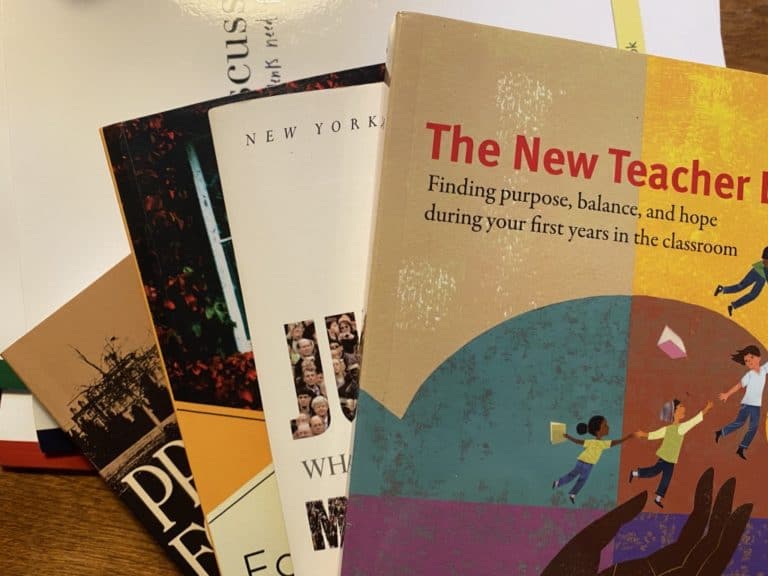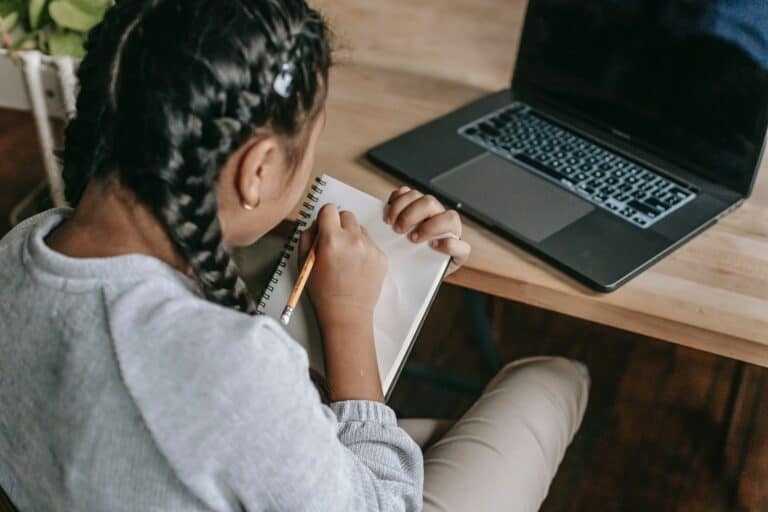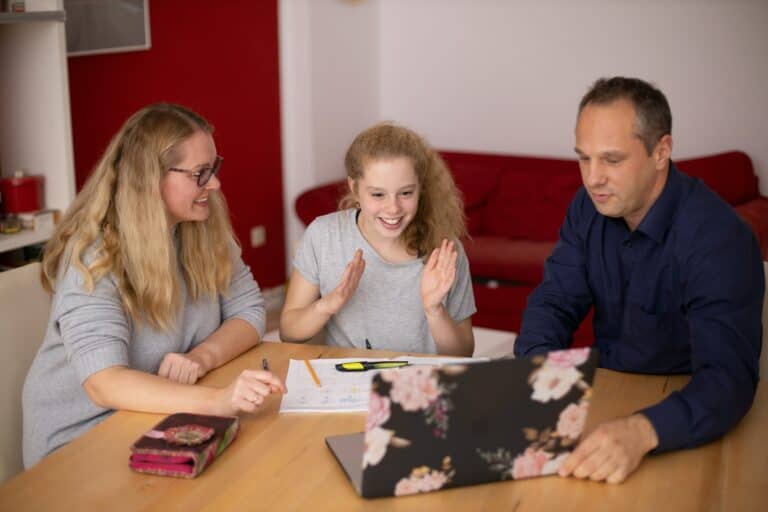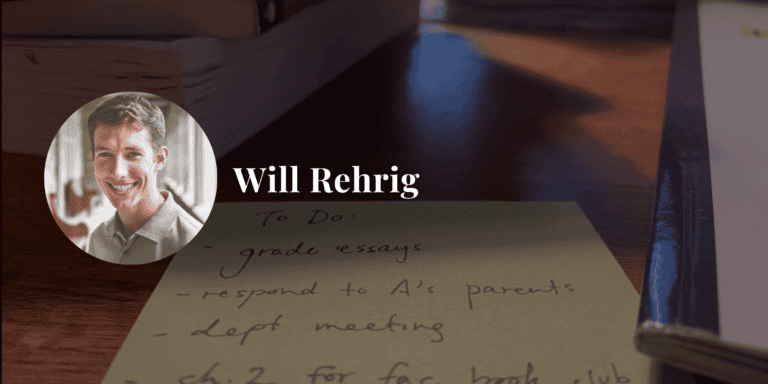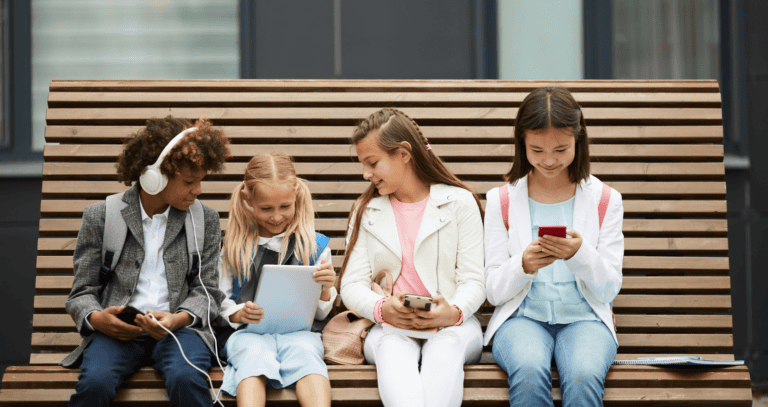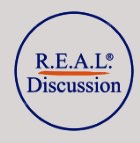Communication is the Basis of Relationships: a Conversation with Susanne Carpenter
Susanne Carpenter is the founder and principal at Carpenter Leadership, a leadership consulting and executive coaching firm that helps leaders and leadership teams become high-performing and strategy-focused. What follows is a conversation between Susanne and R.E.A.L. ® Founder Liza Garonzik. This interview has been lightly edited for clarity.
Liza: Susanne, we’re so excited to have you on the blog today. You’re one of my very favorite voices in the “school-adjacent” space when it comes to helping people have better discussions. Can you start by telling me a little bit about your own path in schools and how you got to doing what you’re doing?
Susanne: I’m excited to have this conversation today, because I love talking about leadership and conversations in schools with school leaders. My journey started with my own education: I was an independent school student. I graduated from the Westover School in Middlebury, Connecticut, where I’m currently a trustee, and that really forged my path back into independent schools after college.
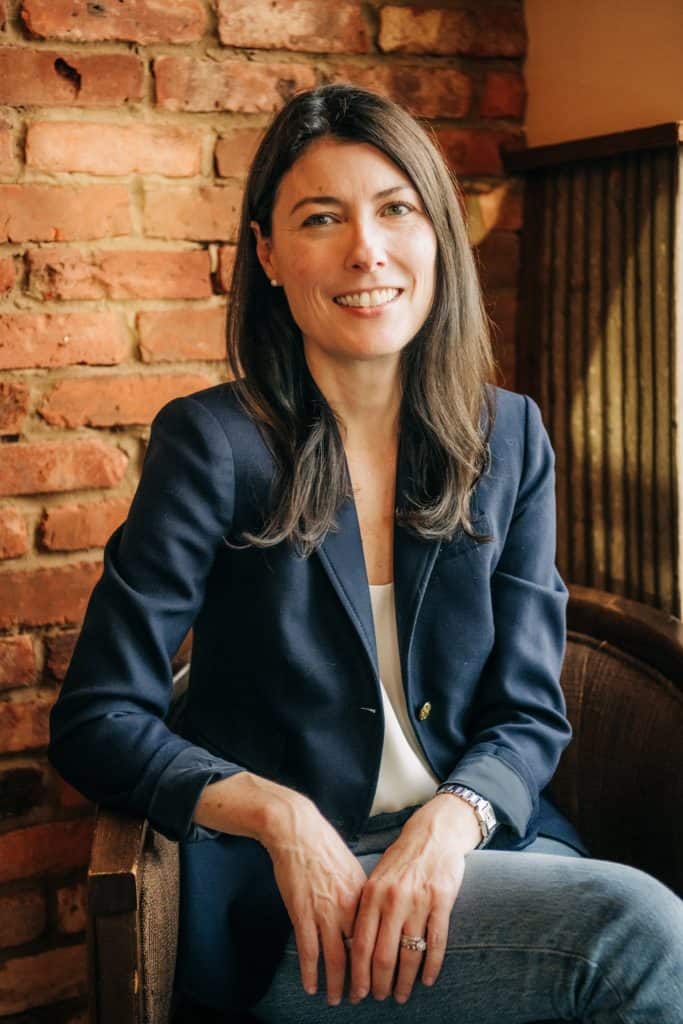
I thought I would become a Head of School and had been on that path with lots of opportunity to pursue it. Then I started to realize that was actually something everyone else seemed to want for me, but I was discovering that wasn’t the journey I wanted. I realized I loved working with the adults in our communities and helping them think about their leadership. While Heads of School do amazing things, that’s often not the work they get to do one-on-one.
After a lot of self-reflection, I decided to walk away from being inside schools and to become “school-adjacent.” I started Carpenter Leadership Consulting, where I work with leaders and leadership teams to help them become high-performing and strategy-focused. I do that through consulting and executive coaching.
Liza: What a great journey. I can’t help but think about how many conversations you’ve had along the way. When you think about schools – whether you’re thinking about the boardroom or administrative teams or even the student program – what do you see as the role of conversation and discussion?
Susanne: I think conversation is the basis of our relationships on our campus. I think schools are inherently communities built on relationships and that conversations – either intense ones or even in-passing conversations – are ways that, from an adult perspective, we create connection.
I’ve been thinking a lot about the role of conversation in general, but also about the role of curiosity in conversation. How do you ask good questions and not make assumptions?
It’s there that you can start to build connection – and to me, connection is where you build a community.
Liza: Yes. We think a lot about conversation as the mechanics of relationship-building. At R.E.A.L. ®, we’re primarily focused on helping students have better conversations, but I know in your work you’re primarily adult-facing. What are some current challenges that you see your clients or school leaders in general face when it comes to having real discussions with each other?
Susanne: That’s a great question. I think some of this is a post-COVID reality that we’re living in. During COVID, we went home. We went on-screen. The technology creates a bit of a barrier to a real conversation in many ways, because you’re not necessarily getting someone’s full body language, and you’re not really sensing the other things that come up.
The problem with a Zoom call is that you can easily get distracted. An email comes in, a text message comes in. You’re not always focused on the person at hand.
Then, after COVID, we came back in person. And I think we were so distracted that our social muscles sort of atrophied a bit. We weren’t really good at basic interactions. I will go to schools and still see people on their phones while in the middle of a conversation.
I think we’ve become a much more distracted society. Because of that, because you’re not always looking at the person who’s in front of you, you’re not picking up all the nuance of the conversation, and as a result, you can unintentionally miss or misinterpret things. So for me, the question is: how do we recenter the conversation as adults and focus on one another?
We live and die on our human interactions. It’s what makes us inherently human. We need them, but they’re not always easy.
Liza: I love that phrase: it’s really easy to miss or misinterpret something in a conversation. Because I think you’re right – attention is such a scarce commodity in today’s world. I’m on this campaign to help kids realize that relearning how to truly attend to each other is the foundation for having deeper relationships.
So in your coaching work: what are some of the solutions or strategies that leaders can use to have more real discussions?
Susanne: We hear about active listening a lot, but what does it mean? Being an active listener – where you’re reflecting things back or asking open-ended questions – is a skill. I often end up talking with folks about empathetic listening: how do you listen to someone without judgment? How do you listen for feelings along with what someone’s saying? For example, when someone says “I’m fine,” sometimes you know that they are not, in fact, fine. You’re picking up on those other nonverbal cues that are coming up.
Not talking often comes along with listening. It’s important to not just immediately think about the next thing you’re going to say, but to sit in silence. Leaders at all levels like to hear themselves talk. Sometimes in a conversation, that’s the last thing you should be doing.
Liza. Absolutely. Something every teacher has learned in graduate school is the idea that when you ask a question, you need to create space for all the students in the room to have processing time to come up with an answer before calling on somebody. It’s quite normal for someone who works with young people to expect a pause before a response, but in conversations among adults, particularly in U.S. culture, I think that pause can feel disarming sometimes. It’s when you just wait a second that someone will add another layer – and that’s when stuff starts to get real.
Those are great tips for any conversation. What about really challenging conversations? Do you have any strategies to take the temperature down and manage those moments?
Susanne: Yes. I think our first reaction in those moments is to react. And I usually say: your first reaction should be to reflect. If you want to have a difficult conversation with someone, you should probably think about what you want to say and, more importantly, why it feels important for you to have this conversation. If it’s just to prove a point, that’s not a difficult conversation you need to have.
So, what’s the framework for thinking about the conversation you should have with yourself? What are the facts that you want to share non-judgmentally, from your perspective, so you have your truth and the other person has their truth, and you can try to gain an understanding of both sides?
That’s where some of the active listening comes in, but knowing why and what you want to share is important.
Another thing I often suggest to leaders is to write it down. You don’t have to have it memorized. But the moment your emotions take over and you start to get sweaty or upset, having your points written down can be helpful.
In our school communities, we seem to be good at having difficult conversations with kids. We put kids into difficult conversations all the time in our schools when we give feedback. A difficult conversation is just another form of feedback.
We put kids in these situations all the time, but we make it big in our heads. The more you can prepare yourself, the more you know what you want to say, and the more you can tap into being a calm and empathetic listener, the better.
Liza: It’s funny to hear you say that, because it’s something we teach students to do in R.E.A.L. ®. We call it DQ prep. You never start a R.E.A.L. ® discussion without first having thought about what you would say, but as an adult I rarely do that. How would my life be different if I did DQ prep on a regular basis?
Susanne: Absolutely. I love the book Fierce Conversations by Susan Scott. There are all sorts of books out there, but Fierce was one that has some great frameworks. And one of the ways she talks about it is to say, when you’re the one leading the conversation, you can share what you want to share, then ask someone for their perspective. I’ve shared what I see, and now I want to hear what you see and where I can check my own assumptions or biases.
Liza: Absolutely. Well, I’m inspired and equipped with some tools for conversations, and I really appreciate your reflecting today about the role of conversation in schools and in educational leadership more broadly.
Susanne: This was a fun conversation. Thank you!

